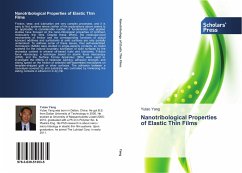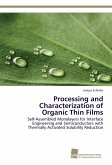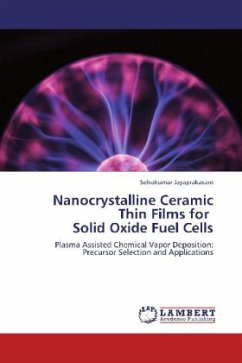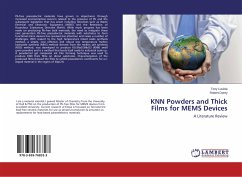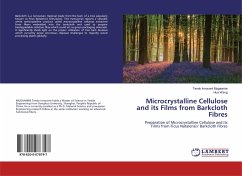Friction, wear, and lubrication are very complex processes, and it is easy to find systems where neither of the explanations above seems to be applicable. A considerable number of fundamental and applied studies have focused on the nano-tribological properties of confined, molecularly thin films. Despite these efforts, the molecular-level mechanisms of friction and the corresponding functions of actual lubricant additives and surfactants at solid surfaces are only partially understood. To address some of these issues, thiol self-assembled monolayers (SAMs) were studied in single-asperity contacts, as model systems for the natural boundary lubrication of solid surfaces by the aromatics content in mineral oil-based fuels and lubricants. Friction force microscopy, a technique based on atomic force microscopy (AFM), and the Surface Forces Apparatus (SFA) were used to investigate the effects of molecular packing, adhesion strength, and sliding speed on the friction of selected self-assembled monolayers on template-stripped gold or silver surfaces. The adhesion between a monolayer-covered tip and substrate was controlled by immersing the sliding contacts in ethanol or in dry N2.
Bitte wählen Sie Ihr Anliegen aus.
Rechnungen
Retourenschein anfordern
Bestellstatus
Storno

